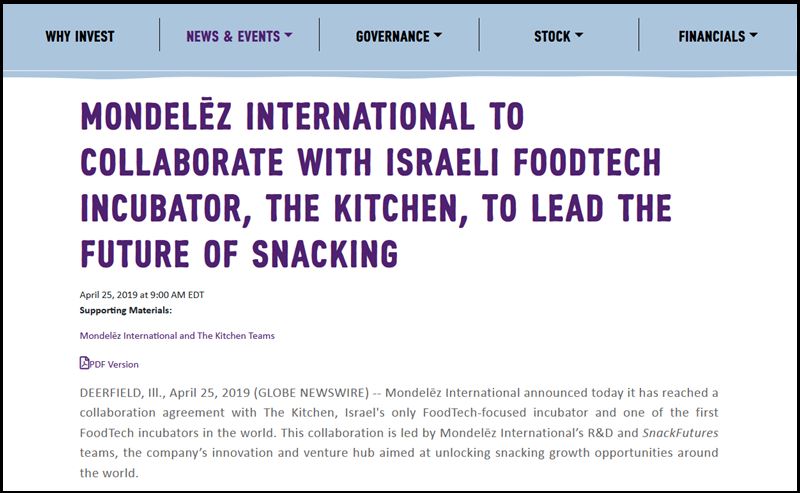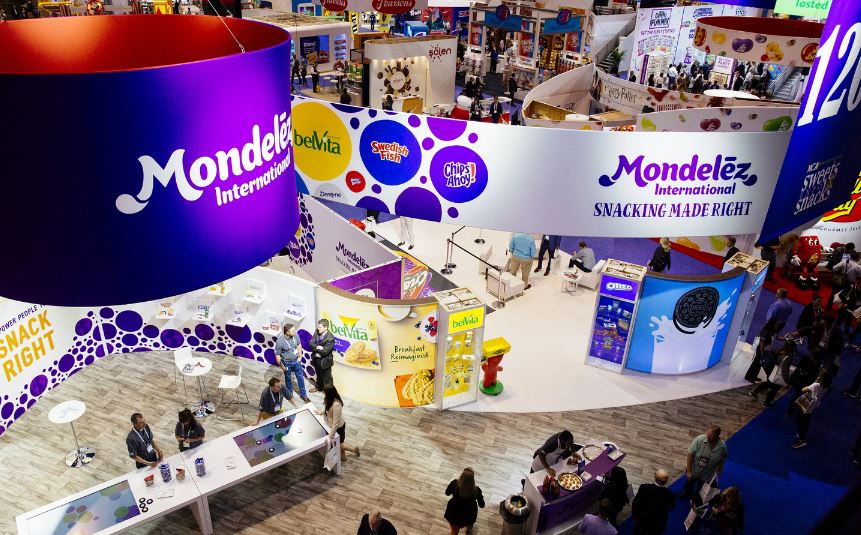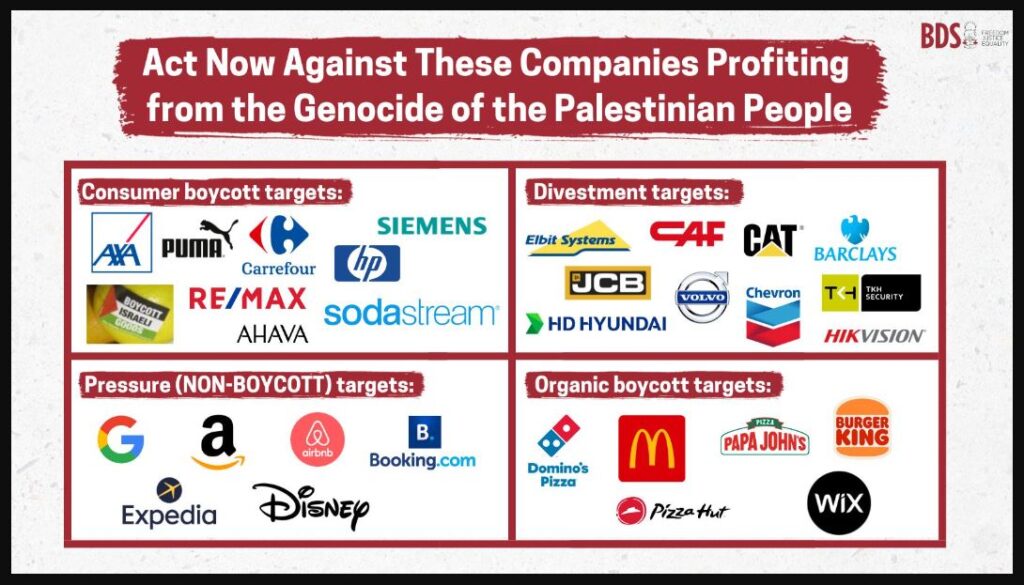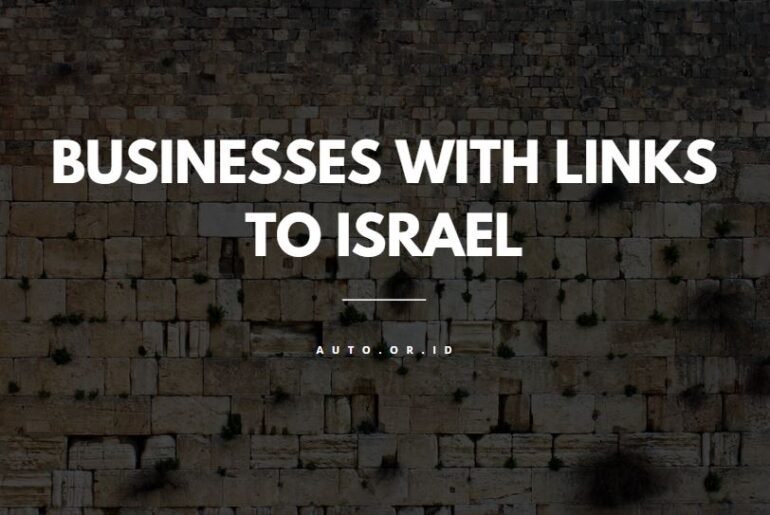Tang is a popular powdered drink mix brand that is owned by the multinational food and beverage company Mondelez International. Mondelez, formerly known as Kraft Foods, was founded by James L. Kraft in 1903. James Kraft was an American businessman of Canadian descent. He was born in Stevensville, Ontario, Canada in 1874. Kraft started his business by selling cheese door-to-door and eventually expanded his product line to include other dairy products. Under his leadership, Kraft Foods became a leading manufacturer of food and beverage products, including famous brands like Jell-O, Maxwell House coffee, and of course, Tang.
As for Tang, it was created by food scientist William A. Mitchell, who worked for General Foods Corporation, a subsidiary of Kraft Foods at the time. Mitchell was an American chemist of Scottish and Swedish descent. He received his Bachelor of Science degree in chemistry from the University of Chicago and later earned his Ph.D. in biochemistry from the University of Wisconsin-Madison. Mitchell is widely recognized for his contributions to the food industry, particularly for inventing various products such as Pop Rocks, Cool Whip, and Tang. His work with Tang was groundbreaking as it revolutionized the powdered drink market, offering a convenient and delicious way to enjoy fruit-flavored drinks.

Mondelez official statement
See more: Milka by Mondelez and Israel – What You Need to Know
Tang Mondelez and Allegations of Israel Support
This collaboration between Tang, a brand owned by Mondelez, and Israel’s FoodTech-focused incubator, The Kitchen, raises suspicions about their support for Israel’s occupation of Palestinian territories. The creation of SnackFutures teams in Israel by Mondelez is seen as a way to unlock snacking growth opportunities worldwide, but it also strengthens Israel’s economy and its activities in colonization. Jonathan Berger, CEO of The Kitchen, expresses excitement about partnering with Mondelez and introducing Israeli FoodTech innovation globally. From this fact, it is clear that Tang from Mondelez contributes to the economic development of Israel, while also supporting its activities in colonizing Palestinian land.

Mondelez International
While Tang may not be officially designated on the boycott list as outlined on BDS Movement, it finds itself featured on platforms like Thewitness, which compiles information about companies associated with the Israeli occupation.
Navigating Business Views on the Israeli Occupation
To access an extensive list of companies linked to Israel or with origins in the region through the Israeli Product Checker provided above, follow these straightforward steps:
- Input the brand or product name into the specified field.
- Press enter to initiate the search.
- Uncover detailed insights into the brand’s affiliations with Israel.
After understanding the association between the Tang brand by Mondelez and its support for the establishment of Israel in Palestinian territory, it would be beneficial for you to explore several other well-known companies and products.
Below is a comprehensive list of companies that have contributed to and expressed their support for Israel, spanning various industries such as fashion, fast food, and tech giants.

The list of companies officially targeted for boycott by the global BDS movement
With the references above, consumers are encouraged to be more aware of their consumption choices and the flow of money to ensure that our resources are not used to harm humanity and violate the rights of Palestinian citizens. For further information on globally boycotted companies, you can explore sites such as bdsmovement.net and whoprofits.org.


5 Comments
although Mondelez claims that since 2013 it has been buying “safe” palm oil, i.e. from certified crops, in practice “almost 95 percent of the oil purchased” comes from areas not covered by sustainable development in any way.
It has been a pleasure to have been in the mondelez company, a beautiful experience
The experience of buying a triple alfajor that came plain was very bad, the ugly surprise of wanting to eat something that came wrong, when it came time to complain they gave me a thousand thoughts, to culminate in sending a package of mini Pepitos and a glazed alfajor to “compensate” simple
Basically so that I don’t go around calling again.
Excellent industrial plant
Food products factory, American 4×4 shift,